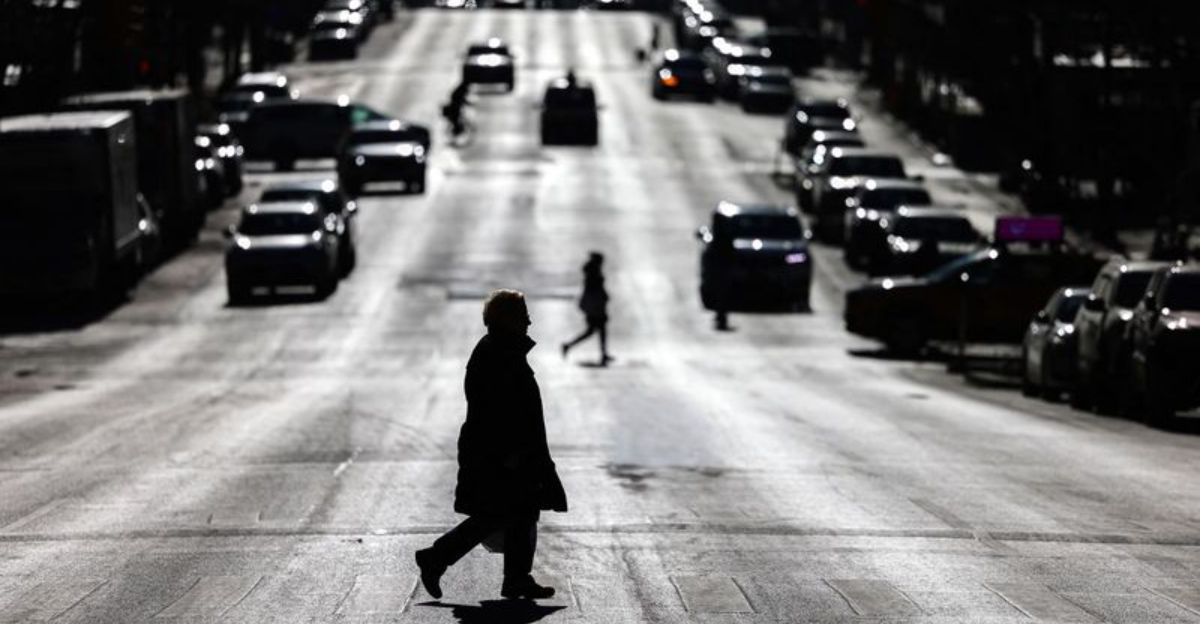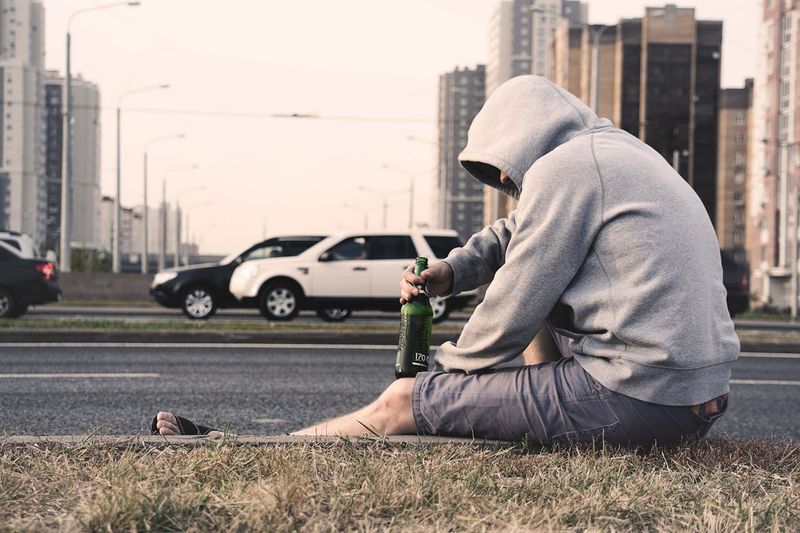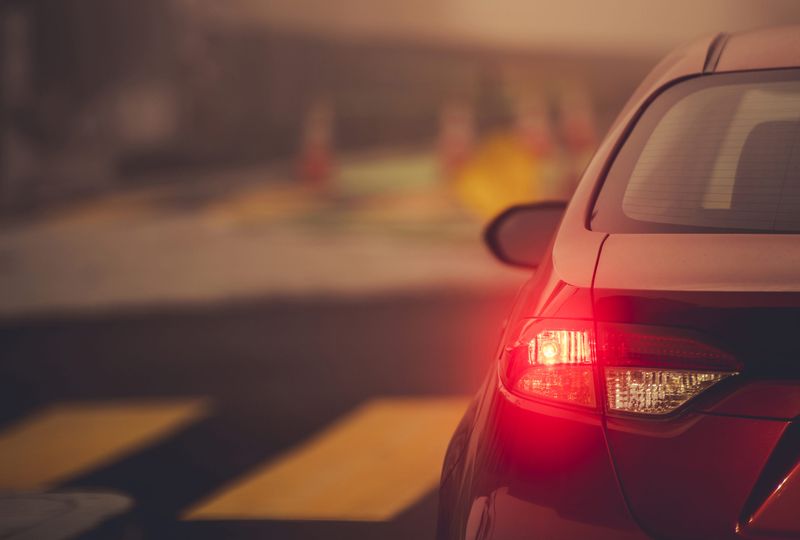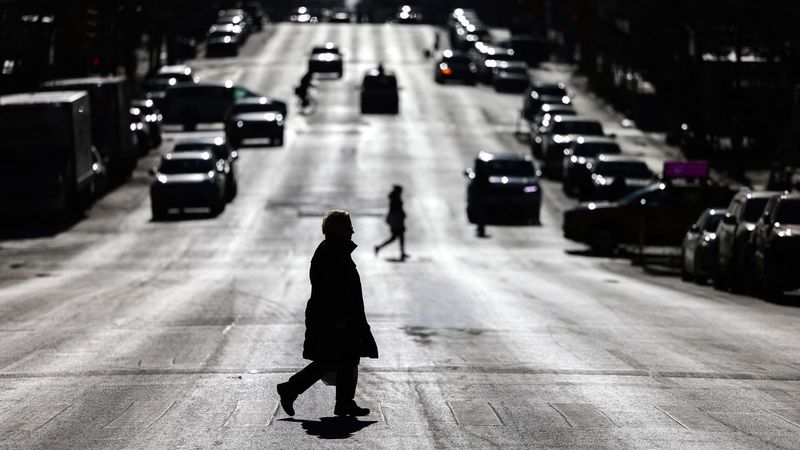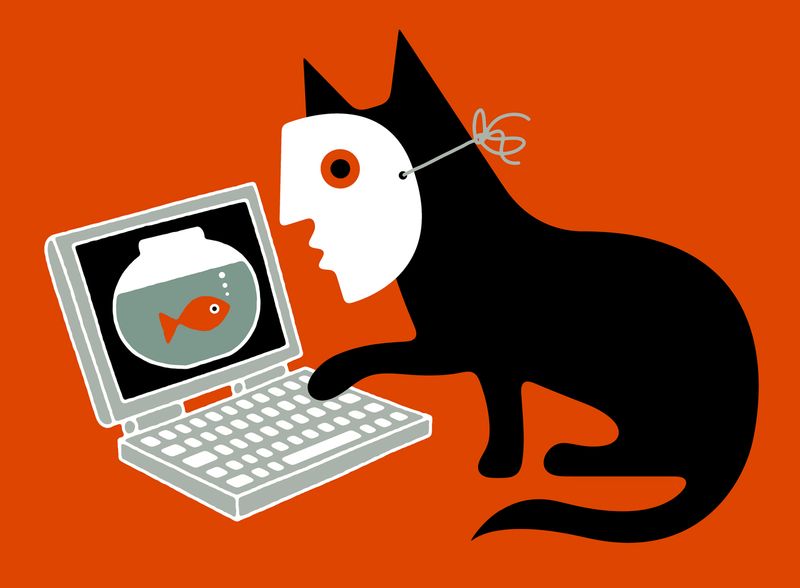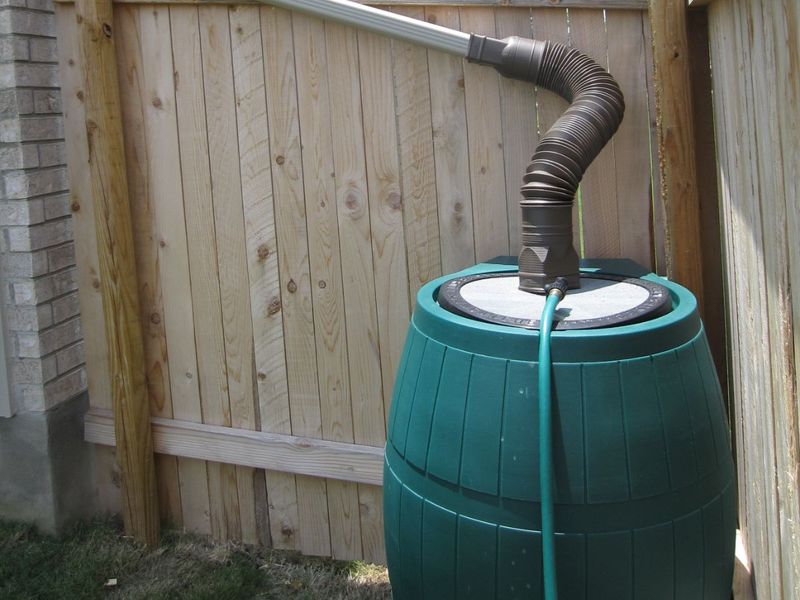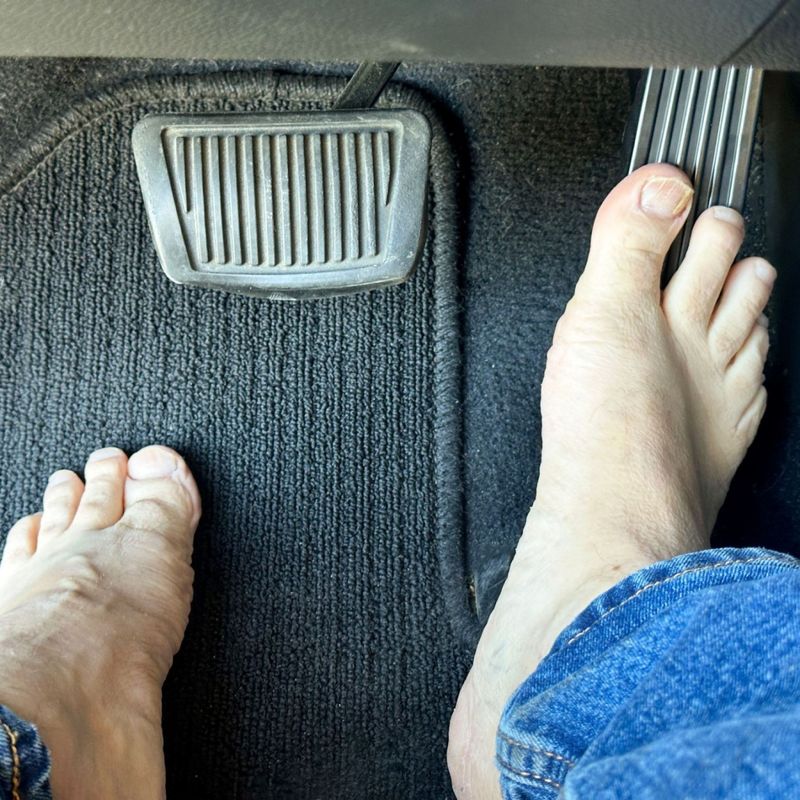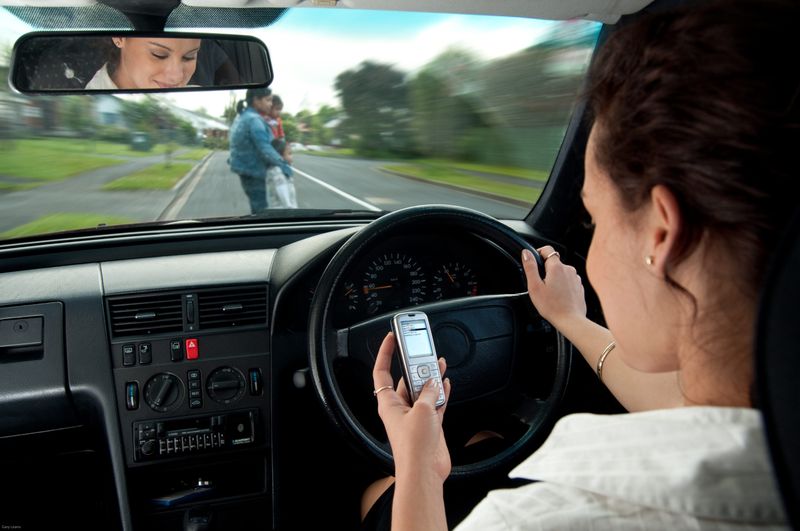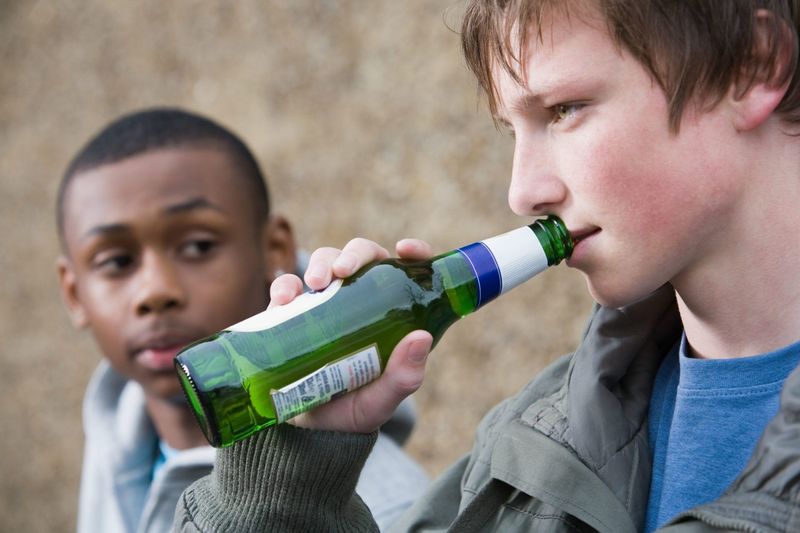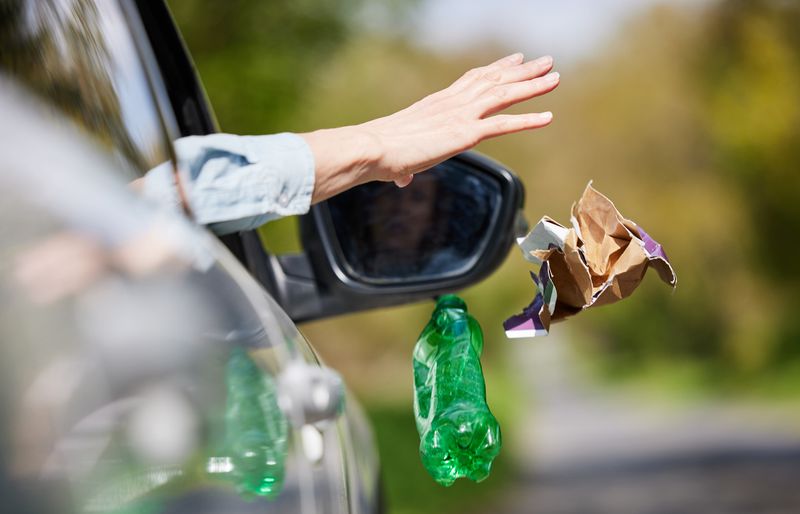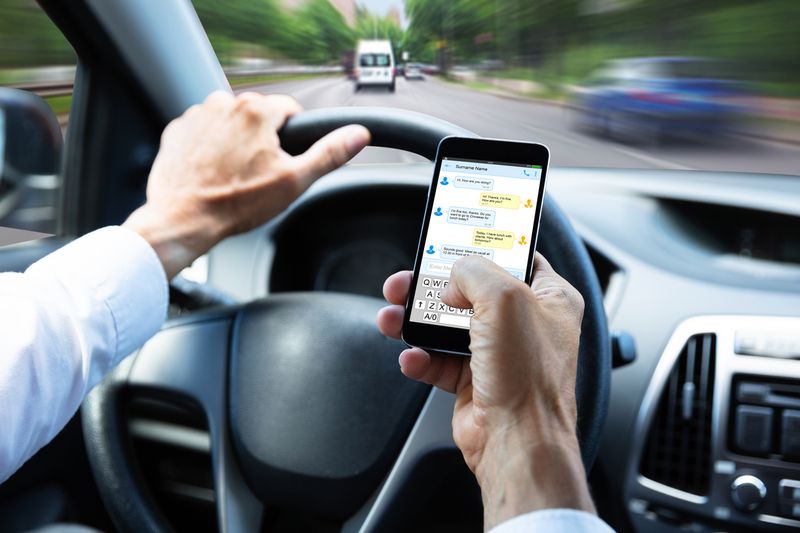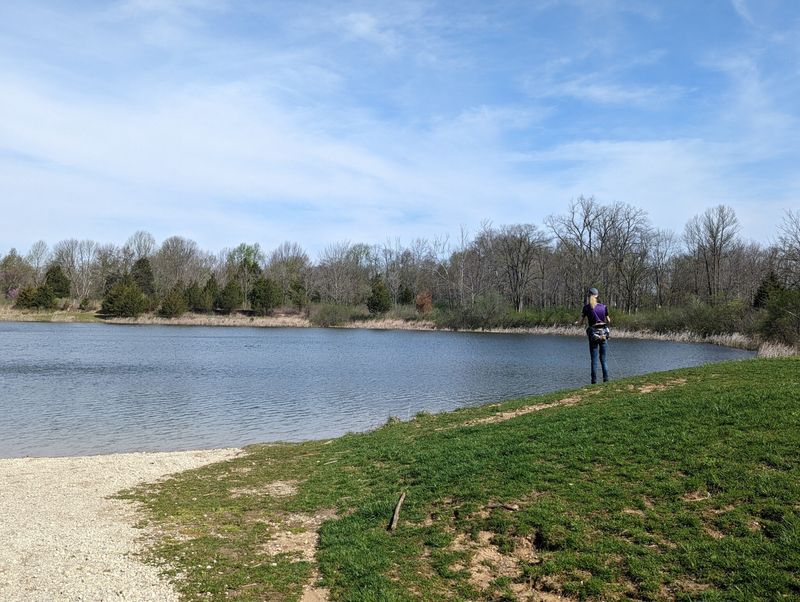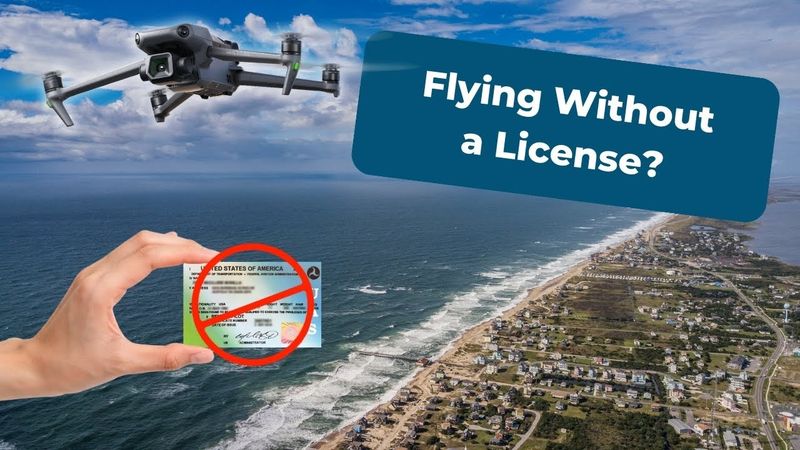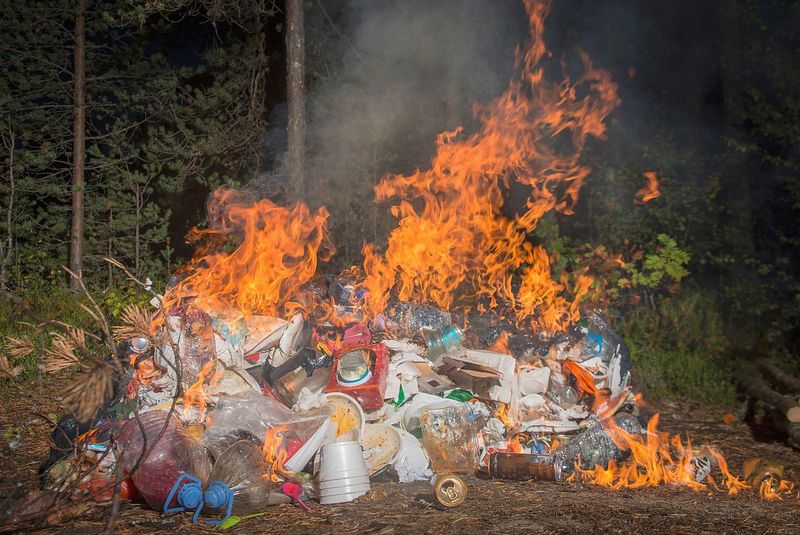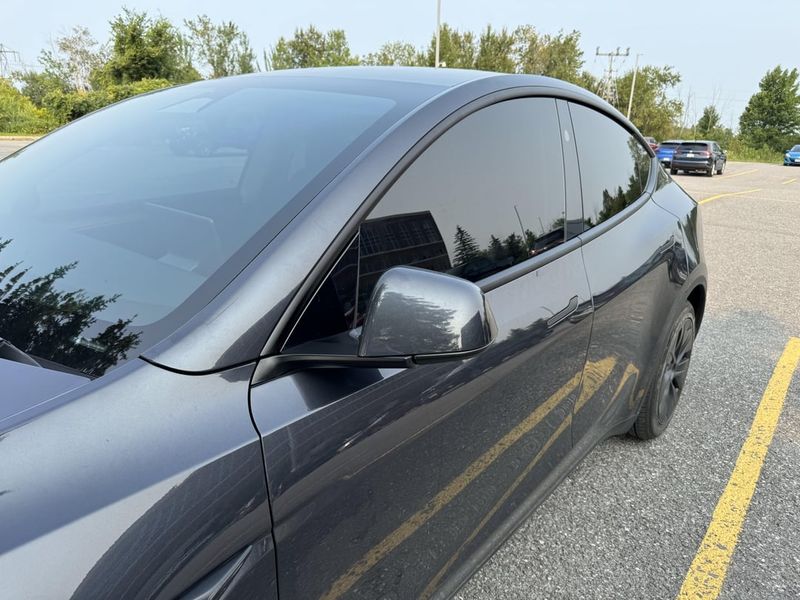The United States is a country with diverse laws that can often surprise both residents and visitors. Many people are unaware of some of the regulations that are in place, which can sometimes lead to unintentional legal troubles.
In this blog post, we’ll explore 20 surprising things that are against the law in the U.S. Each item is accompanied by a description and an image prompt to give you a clearer picture of these unexpected legalities.
1. Public Intoxication
In many U.S. states, public intoxication is illegal, which means you can get arrested for being drunk in public places. It’s not just about causing a scene; simply appearing intoxicated can lead to legal trouble.
The law aims to maintain public order and safety, but it can catch unsuspecting individuals off guard. If you’re planning a night out, it’s wise to arrange a safe way home and avoid excessive drinking in public.
Always be aware of your surroundings and know the local regulations to steer clear of unexpected legal issues.
2. Not Using a Turn Signal
Failing to use a turn signal might seem minor, but it’s against the law in many states and can lead to a hefty fine. Turn signals are vital for communicating with other drivers and preventing accidents.
When you’re behind the wheel, signaling your turns is not just courteous but legally required. It ensures that traffic flows smoothly and safely.
Always check your mirrors and use your turn signals when changing lanes or making turns to avoid fines and enhance road safety. It’s a small action with significant importance.
3. Jaywalking
Jaywalking is crossing the street outside of designated crosswalks or against traffic signals, and it’s illegal in many cities across the U.S. This law is in place to protect pedestrians and drivers alike from accidents.
Even though it might seem convenient to cross wherever you please, it’s important to find a crosswalk or wait for the signal.
Being mindful of pedestrian laws not only keeps you safe but also helps avoid fines. Next time you’re in a rush, remember that crossing at the right place is both safer and legal.
4. Feeding Wildlife in National Parks
While it may seem harmless or even kind, feeding wildlife in national parks is illegal. This law is essential for keeping both animals and humans safe. Feeding wildlife can make animals dependent on human food and aggressive.
National parks enforce this rule to maintain the ecosystem and protect visitors. The best way to enjoy wildlife is from a distance, without interfering with their natural habits.
Visitors should always follow park guidelines to ensure a safe and respectful experience. Admire the wildlife, but remember to never offer them food.
5. Using a Fake Name Online
Creating social media profiles with fake names or identities is illegal under new regulations aimed at reducing cybercrime. While it might seem like a harmless act, it can lead to serious legal consequences.
The law intends to prevent identity theft and online fraud. It’s important to represent yourself truthfully online to avoid potential scams and legal issues.
Always use your real information when signing up for online accounts to stay on the right side of the law. Being honest online helps create a safer digital environment for everyone.
6. Collecting Rainwater Without a Permit
In some U.S. states, collecting rainwater without a permit is illegal, surprising many eco-conscious citizens. This law is intended to manage water rights and resource scarcity.
While collecting rainwater can be an excellent way to conserve water, it’s vital to check local regulations before setting up your system.
Obtaining the right permits can help you legally collect rainwater and contribute to sustainability. Always consider state laws and consult local authorities to ensure compliance with water collection regulations.
7. Driving Barefoot
While not illegal in all states, driving barefoot can lead to penalties if it impairs your driving ability. It’s generally discouraged due to safety concerns, as shoes provide necessary grip.
Some states have specific regulations, so it’s wise to check local laws before hitting the road without footwear.
Consider wearing shoes while driving to ensure better control of the vehicle, enhancing both your safety and compliance with the law. Comfortable driving shoes can prevent potential fines and accidents.
8. Selling Homemade Food Without a Permit
Selling homemade food without the proper permits is illegal in many states, even if it’s just a small batch for a local market. Health regulations ensure that all food sold meets safety standards.
If you’re passionate about sharing your culinary creations, it’s essential to obtain the necessary permits. This ensures that your food is safe for public consumption and complies with local laws.
Before starting a home-based food business, research the requirements to avoid potential legal issues and ensure your customers’ safety.
9. Texting While Driving
Texting while driving is illegal in most states, as it poses significant risks to drivers and pedestrians alike. This distraction can lead to serious accidents and is a leading cause of road mishaps.
Laws are in place to discourage this behavior and promote safer driving habits. If you need to send a message, it’s best to pull over safely before doing so.
Keeping your focus on the road is not just legally required but essential for safety. Embrace hands-free technology to stay connected without compromising safety.
10. Underage Drinking
Underage drinking is illegal across the U.S., with strict penalties for both consumption and possession of alcohol by minors. This law is meant to protect young people and encourage responsible behavior.
Parents and guardians can also face legal consequences if minors are found drinking in their homes.
Educating young people about the risks associated with alcohol can help prevent underage drinking. Encouraging open conversations and responsible decision-making fosters a healthier environment for everyone involved.
11. Littering
Littering is a criminal offense in many states, leading to fines and community service requirements. This law helps keep public spaces clean and protects the environment from pollution.
Disposing of waste properly is a simple yet significant way to contribute to a cleaner planet. Many communities have strict regulations to prevent littering.
Always look for trash receptacles and encourage others to do the same. By respecting the environment, we can all enjoy cleaner, more beautiful spaces and avoid legal repercussions.
12. Driving Without a Seatbelt
Driving without a seatbelt is illegal in all states, as it dramatically increases the risk of injury in accidents. Seatbelt laws are strictly enforced to ensure driver and passenger safety.
Wearing your seatbelt reduces the likelihood of serious injury and complies with legal requirements. It’s a simple action that saves lives.
Always buckle up before driving, and make sure all passengers do the same. This habit can prevent fines and enhance safety for everyone in the vehicle.
13. Sharing Prescription Medication
Sharing prescription medication is illegal, even if you have the best intentions. Medications are prescribed based on individual health needs and can be harmful if misused.
This law is in place to prevent drug misuse and potential health risks. Always consult a healthcare professional before taking medication.
If someone needs medication, they should see a doctor for a proper prescription. Sharing meds can lead to serious legal consequences and unintended health issues.
14. Using a Mobile Phone in a School Zone
Using a mobile phone while driving in a school zone is illegal in many areas, as it distracts drivers and endangers children. This law is designed to enhance safety around schools.
When you’re in a school zone, it’s crucial to stay focused and avoid distractions. Put your phone away and keep a lookout for children crossing.
By adhering to this regulation, you contribute to a safer environment for students. Always prioritize safety over convenience when near schools.
15. Fishing Without a License
Fishing without a license is illegal and can result in fines or confiscation of equipment. Licenses help regulate fish populations and support conservation efforts.
Before heading out on your fishing trip, ensure you have the necessary permits. This supports local wildlife management and keeps fishing sustainable.
Respecting fishing regulations helps preserve aquatic ecosystems for future generations. Always check state-specific laws and obtain a license to enjoy fishing legally.
16. Playing Loud Music in Residential Areas
Playing loud music in residential areas is often against local ordinances and can lead to fines or noise complaints. These laws are in place to maintain community peace.
If you love playing music, consider soundproofing your space or using headphones to avoid disturbing neighbors.
Being mindful of the volume can prevent conflicts and foster a harmonious neighborhood. Always be considerate of others when enjoying your tunes.
17. Using a Drone Without Registration
Using drones without proper registration is illegal, as it ensures accountability and safety. Registration helps manage drone activity and protects airspace.
Before flying your drone, make sure it’s registered with the FAA and adhere to all guidelines. This ensures a safe and enjoyable experience for all.
Understanding drone regulations prevents legal issues and promotes responsible flying. Always check the latest rules before taking your drone out for a spin.
18. Burning Trash
Burning trash is illegal in many areas due to environmental and health concerns. This law aims to reduce air pollution and prevent dangerous fires.
Instead of burning waste, consider recycling or using proper disposal methods. Many communities offer services to handle trash safely.
Following waste management regulations protects the environment and keeps communities safe. Always choose eco-friendly options over burning garbage.
19. Tinting Car Windows Too Dark
Tinting car windows too dark is illegal in many states, as it can obstruct visibility and pose safety risks. Laws regulate tint levels to ensure driver and pedestrian safety.
If you want tinted windows, check local regulations to ensure compliance. Legal tinting enhances privacy without compromising safety.
Understanding window tint laws helps avoid fines and ensures clear visibility. Always choose permissible tint levels to stay within legal limits.
20. Spitting on the Sidewalk
Spitting on the sidewalk is illegal in various cities, as it’s considered unsanitary and disrespectful. This law discourages behavior that can spread disease and creates an unpleasant environment.
Communities enforce anti-spitting laws to promote cleanliness and public health. Keeping public spaces clean is everyone’s responsibility.
By choosing to dispose of spit appropriately, you contribute to a more pleasant and hygienic community. Always be mindful of your actions in public settings.
